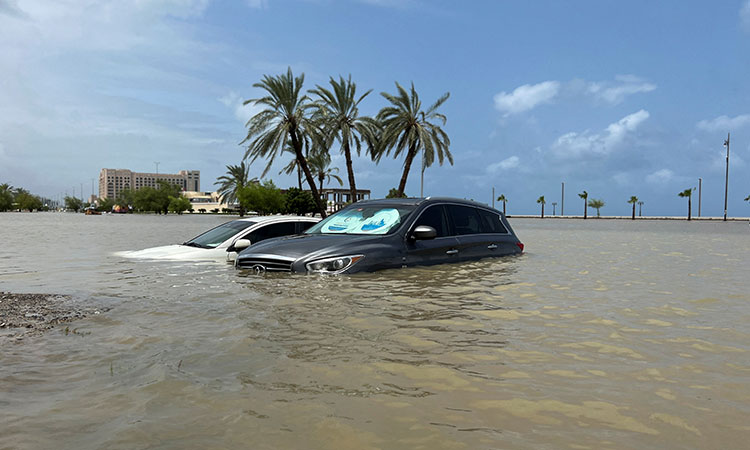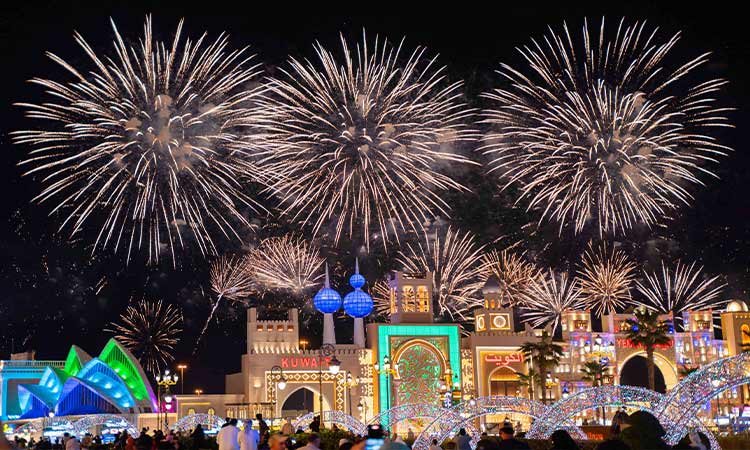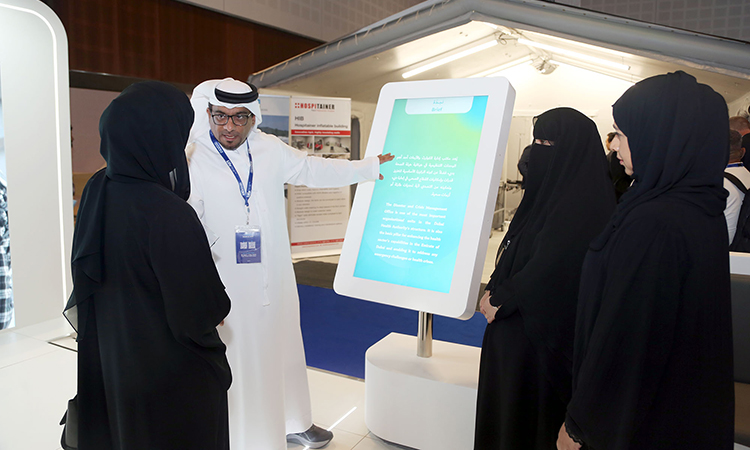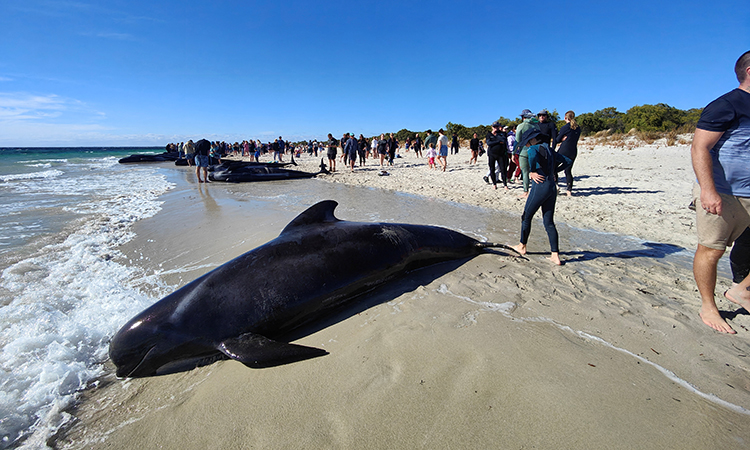Military courts cease to function as tenure ends
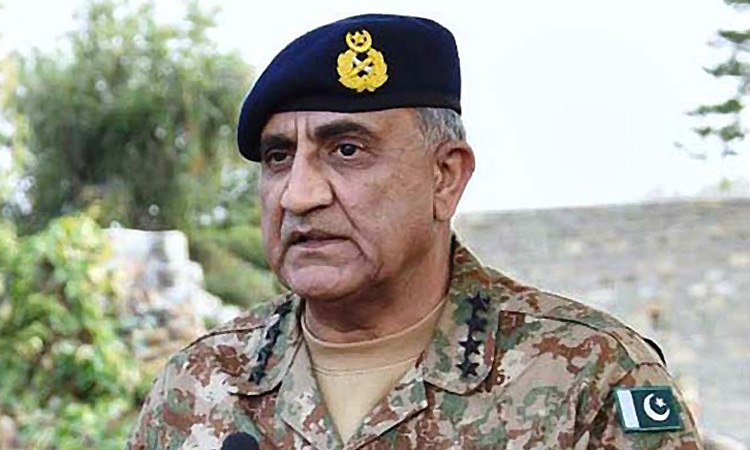
General Qamar Javed Bajwa said Pakistani people were the real power of the army. File/Photo
ISLAMABAD: Pakistan scrapped terrorism trials before special military courts after the tribunals’ mandate expired on Monday, ending a measure that had been in place for over four years to help authorities curb militant attacks, a government minister said.
The country resumed military trials for terror suspects in 2015 and lifted a moratorium on the death penalty after a Taliban attack in December 2014 on a school in Peshawar killed more than 150 people, mostly young students.
Information Minister Fawad Chaudhry said the courts were re-introduced under special circumstances and “performed well.” “We were near to eliminating terrorism,” he added.
Chaudhry said Prime Minister Imran Khan’s government could not bring the matter of extending the courts before parliament, where opposition parties challenge his every move. The measure had to be backed by two thirds of lawmakers in the 342-seat chamber to pass.
Chaudhry said the government had decided to engage the opposition to take it into confidence over the issue as without their support the period of the military courts could not be extended.
On the other hand, the Pakistan Peoples Party (PPP), which had previously taken a tough stance on the issue and extended only conditional support to the previous government of the Pakistan Muslim League-Nawaz (PML-N) over the issue, is opposed to giving an extension to the military courts to try civilians on terrorism charges.
Zardari’s aide Farhatullah Babar said the PPP would not support extending the military courts. “The government should strengthen the regular court system instead,” Babar said.
Defence Minister Pervez Khattak said that the courts had over the past four years decided 478 cases and sentenced 284 people to death out of which 56 had already been executed.
According to a media report, Chief of Army Staff General Qamar Javed Bajwa said Pakistani people were the real power of the army.
“We will always fulfill expectations of people,” Bajwa said during his visit to the Southern Command Headquarters in Quetta, news channel ARY reported. He said the nation had fully cooperated with the armed forces against terrorism and extremism. The army chief said Pakistan army was playing effective role on the border and played its full part in eradicating internal threats as well.
Pakistan in 2015 resumed military trials for terror suspects and lifted a moratorium on the death penalty after a Taliban attack on a Peshawar school in 2014 killed 150 people, mostly young students. Terrorism cases will now be handled by regular courts, notorious for their bureaucracy and slow justice.
Imran came to power after elections last summer, promising to clean house and do away with rampant corruption.
He has repeatedly demanded that former Prime Minister Nawaz Sharif and former President Asif Zardari return “looted money.” Sharif is currently serving a seven-year prison sentence for corruption and Zardari is facing an investigation for money laundering.
According to Pakistani officials, the special military tribunals over the past four years decided 478 cases and sentenced 284 people to death. Of those, 56 convicted militants have already been executed. Also, 192 other suspects were sentenced to various prison terms.
In a separate development, Facebook has removed 103 pages, groups and accounts that were part of a network it said was linked to employees of the Pakistani military’s public relations arm, the social media group announced on Monday.
Facebook said it removed pages and accounts on Facebook and Instagram that spread information about Pakistani politics and political leaders, the Indian government and the Pakistani military.
“Today we removed 103 pages, Groups and accounts for engaging in coordinated inauthentic behaviour on Facebook and Instagram as part of a network that originated in Pakistan,” Nathaniel Gleicher, Facebook’s head of cybersecurity, said in a statement.



